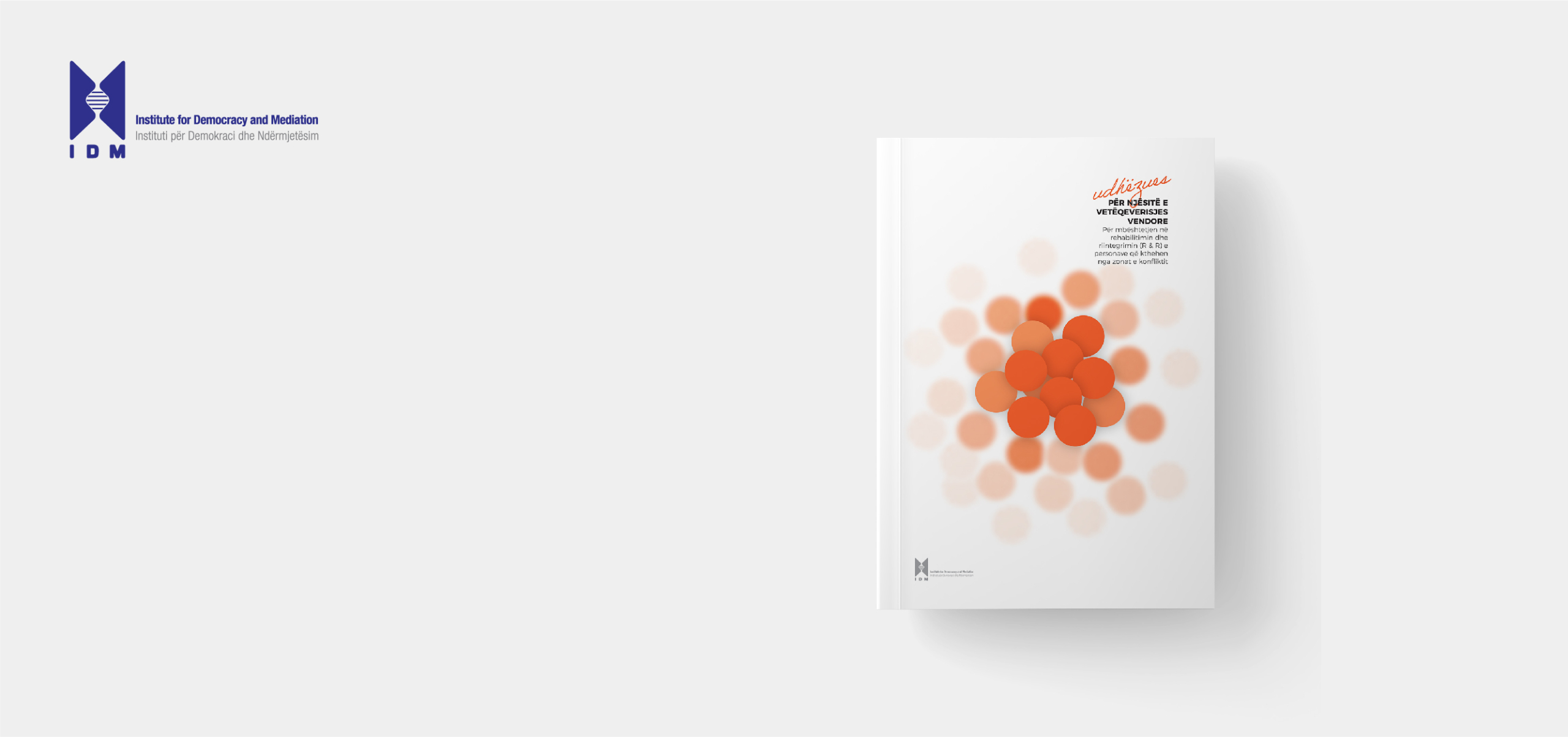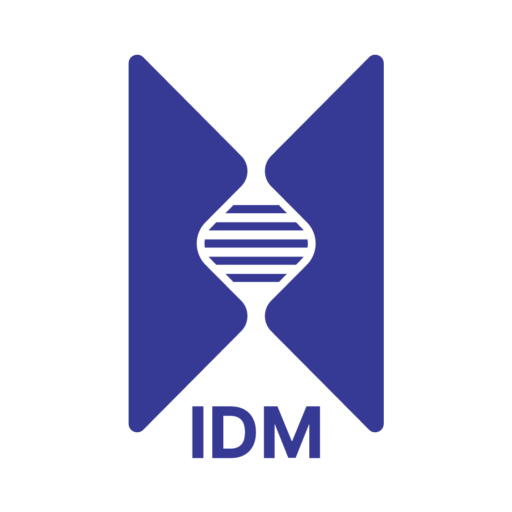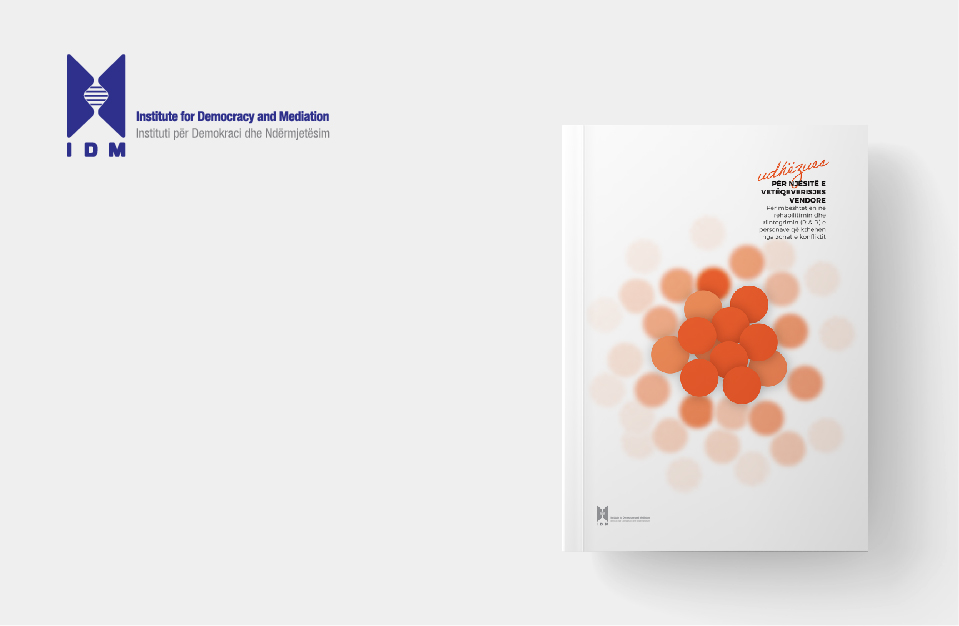
One of the most positive practices mentioned so far in relation to community-based rehabilitation and reintegration (R&R) is the involvement of stakeholders at the local level from the moment of designing R&R programs and during their implementation and monitoring. Stakeholders involved in this process may include the local self-government unit, police, civil society organizations, psychologists, social workers, representatives of religious communities, families, friends, or the business community. In this context, the rehabilitation process should be seen as an ongoing process where various stakeholders acquire different roles and importance along it. This guide is designed as a practical instrument, which provides clear guidance on the steps and work practice of local social administration officials, while also providing practical skills, exercises and templates that can facilitate the work of professionals in direct contact with former foreign fighters and their families, and with returnees from conflict areas. The guide also aims to raise awareness on the importance of collaboration among policymakers and professionals in the development and implementation of the rehabilitation and reintegration programs.
Download in Albanian only.
This guideline was prepared in the framework of the programme “Sustainable community-based reintegration of Albanian nationals returning from Syria”. This program is being implemented in Albania by the Institute for Democracy and Mediation in cooperation with the Observatory for the Rights of Children and Youth and the Women’s Center for Development and Culture in Albania, under the national coordination of the Coordination Center Against Violent Extremism, with the support of the Global Community Engagement and Sustainability Fund (GCERF).



